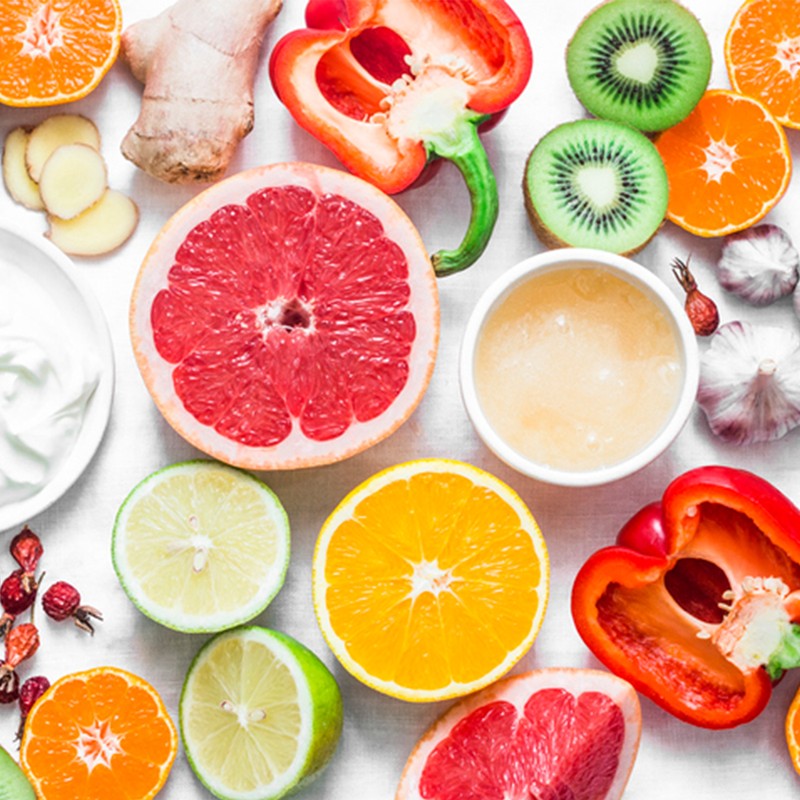Things You Need To Know About Antioxidants
UNDERSTAND THE SCIENCE
“Every cell in your body has a job to do. As they work, they produce free radicals and reactive oxygen species (ROS), just as exhaust fumes are produced by a car’s engine. In healthy cells, these processes are in equilibrium, but a state of oxidative stress arises if there are too many ROS. This can damage our cellular DNA, cell function and body tissues – the basis of the ageing process. Antioxidants are your defence troops; they deactivate the ROS and free radicals, protecting cells from damage. Imagine a cut apple: it turns brown pretty quickly as it oxidises, but if you add a squeeze of lemon juice, which contains vitamin C, the apple will brown far more slowly. While ageing is an inevitability, how quickly it happens is determined by how well your body is able to mop up free radicals.” – Corin Sadler, NPD nutritionist at Higher Nature
THEY PROVIDE A 360º HEALTH BOOST
“Because antioxidants protect all your cells, they benefit all areas of your body from your skin to your liver, eyes, heart and brain. Oxidative stress is associated with many chronic degenerative diseases including Alzheimer’s, cardiovascular disease, diabetes and cancer. This is because, without their protective effects, the body’s ageing processes accelerate, causing cells, tissues and even organs to age prematurely. This damage could be going on anywhere in the body but is most visible in the skin, causing the tell-tale signs of premature ageing – increased wrinkles and loss of structure and elasticity.” – Corin
THEY’LL TACKLE INFLAMMATION
“Chronic inflammatory stress is now regarded as the main driver of disease. In recent years, studies have shown antioxidants can help with inflammation. Constantly feeling run down, experiencing low mood, suffering from digestive issues and dull-looking hair, skin and nails are all clear signs your body isn’t operating at its best. Acute inflammation is a natural and healthy immune response; however, if the immune response is turned on too frequently, which is increasingly becoming the case in our stressful daily lives, it can start to become a health hazard. LYMA is the ultimate anti-inflammatory supplement, offering reliable delivery systems to help protect you against the perils of chronic inflammation which can drive you to compromised sleep, decreased brain function, low mood and digestion issues.” – Lucy Goff, founder of LYMA
KNOW WHAT COUNTS
“Vitamins C and E are perhaps the most well-known antioxidants. Vitamin C protects proteins, fats and DNA, while vitamin E protects cell membranes. Vitamin C is often referred to as the master antioxidant because of its ability to regenerate other antioxidants. Co-enzyme Q10 is another vital cellular antioxidant and is a key protector of DNA. Curcumin, quercetin, lutein, zeaxanthin, lycopene, catechins in green tea and anthocyanidins in berries all show promise as effective free-radical scavengers, highlighting the role they play in the fight against cell damage and cellular ageing. Evidence suggests increased dietary intake of vitamin C is linked to reduced cancer risk, while higher dietary intakes of vitamin E are associated with reduced Alzheimer’s risk.” – Corin
SOME ARE SUPERIOR
“Glutathione is your master antioxidant and is absolutely vital to ongoing good health. Glutathione decreases with age and is harder to manufacture internally after the age of 40. If you don’t eat foods rich in the amino acids glutamine, glycine and cysteine (think spinach, cruciferous vegetables and garlic) then you may well be going short. The best way to supplement your glutathione levels is by taking l-glutathione as a supplement or N-AcetylCystine (NAC), which is a precursor to glutathione in the body. Both of these will help support healthy levels of glutathione.” – Dr Johanna Ward, GP & functional medicine doctor
THEY’LL SUPPORT YOUR SKIN
“Derived from freshwater algae, astaxanthin is a powerful pink carotenoid (a subgroup of antioxidants) which in nature protects plants from UV light and free radical damage. More potent than vitamins C or E at mopping up damaging free radicals, astaxanthin provides natural protection to algae and its photo-protective effects can be harnessed for the skin. Astaxanthin has been shown to protect collagen from age-accelerating damage, minimising the effects of sun exposure, including skin sagging and wrinkling.” – Corin
DIET CAN HELP
“A healthy and balanced diet is the most important way to ensure good antioxidant intake. Antioxidant-rich foods taken in a healthy diet will always trump isolated synthetic antioxidant supplements. Some of the best antioxidants are found in berries, colourful vegetables, green tea, coffee, dark chocolate, and herbs and spices. You should aim to eat a variety of antioxidants in every meal to constantly replenish any antioxidants used up that day. You never want to be in a state of depletion or oxidative stress.” – Johanna
VARIETY MATTERS
“A great way to combine numerous antioxidants for breakfast is with a green smoothie. Try using avocado as the base and mix in spinach, kale, mixed berries, ground flaxseeds, coconut yoghurt and cinnamon – and sprinkle in some spirulina. It’s delicious. If smoothies aren’t your thing, then steel-cut oats with cinnamon, mixed berries and flaxseeds are a great option. Herbs and spices are also full of antioxidants so experimenting with them can help elevate your antioxidant intake at each meal too. For example, sprinkle turmeric on sweet potato wedges for lunch and eat them with hummus and avocado. Or sprinkle turmeric into your lunchtime soup for an extra boost. Place your lunch on a bed of greens and make sure half of your dinner plate is made up of whole, plant-based foods.” – Johanna
YOUR NEEDS MAY BE GREATER
“There is absolutely a case for taking some smart supplements. Smoking, alcohol, poor diet, pollution, exercise and even stress all increase your need for antioxidants as they generate excess ROS. If you are a gym bunny, live in the city, or are a sun worshipper, then be savvy and add in extra antioxidants.” – Corin
Shop SL’s edit of the best antioxidant supplements here...
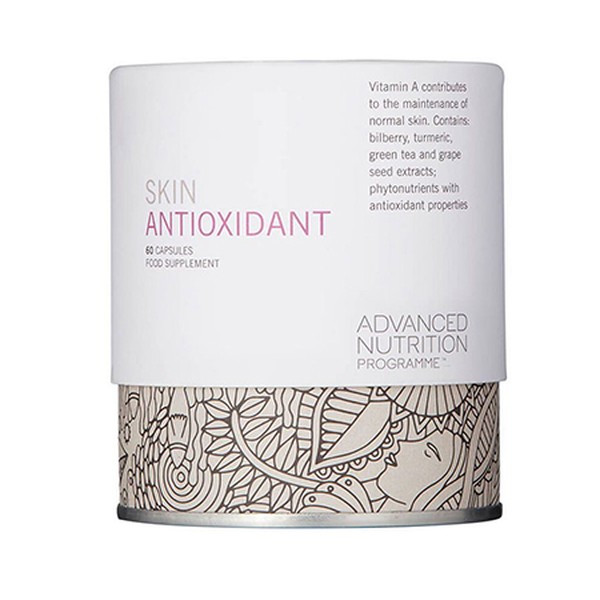
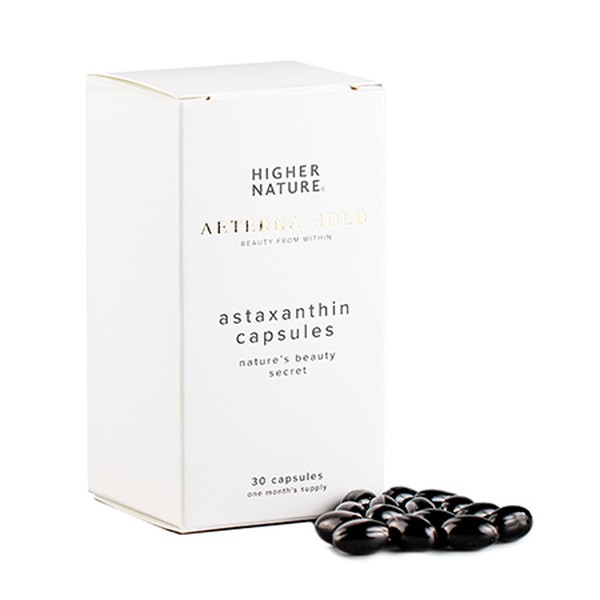
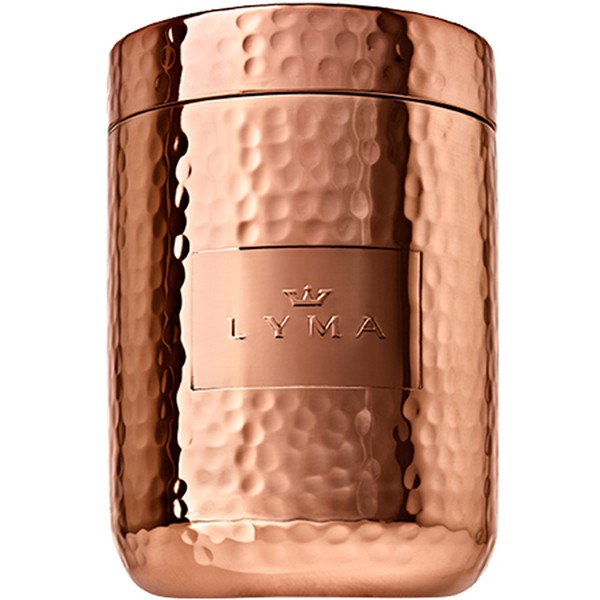
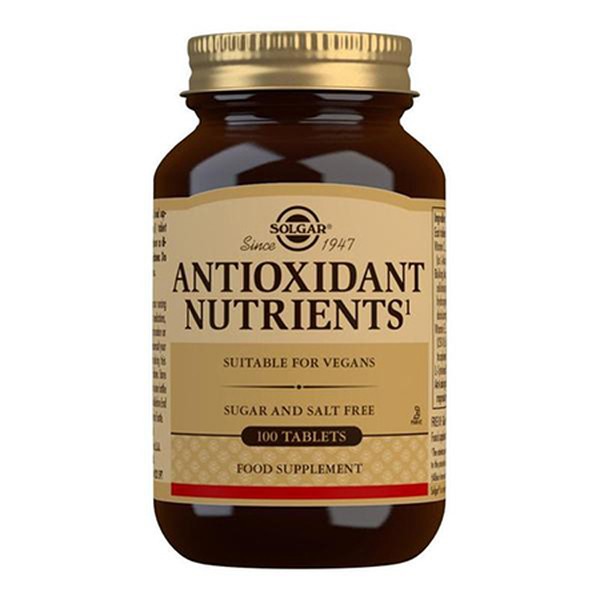
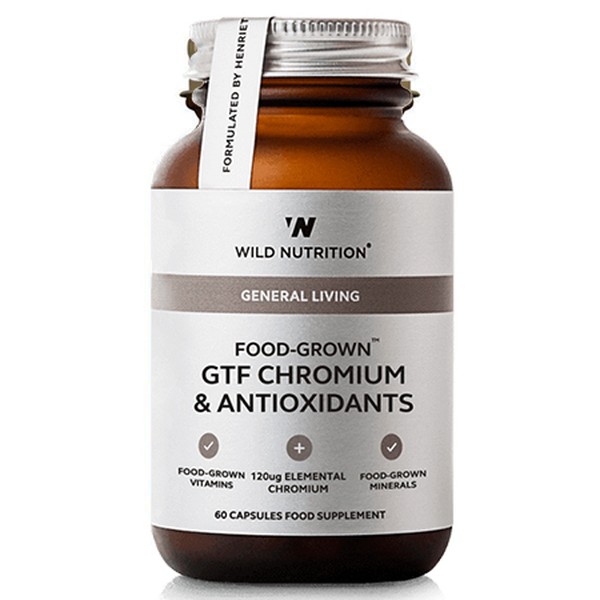
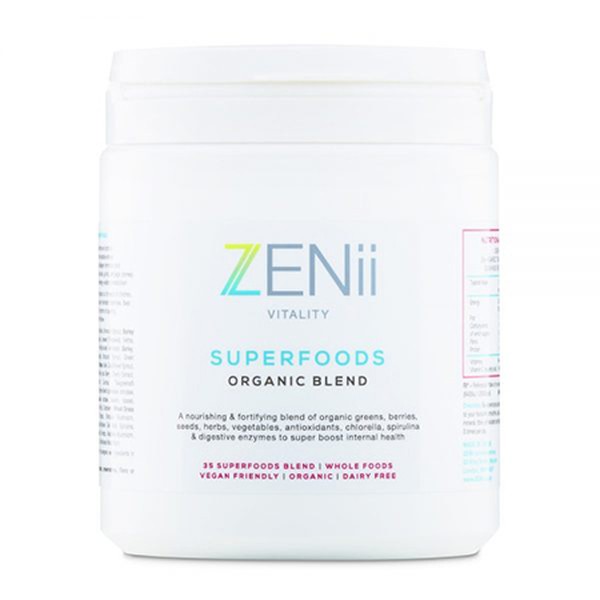
DISCLAIMER: We endeavour to always credit the correct original source of every image we use. If you think a credit may be incorrect, please contact us at info@sheerluxe.com.
